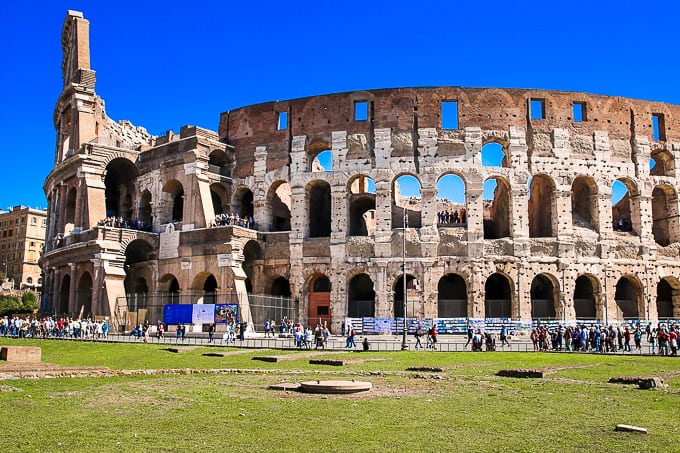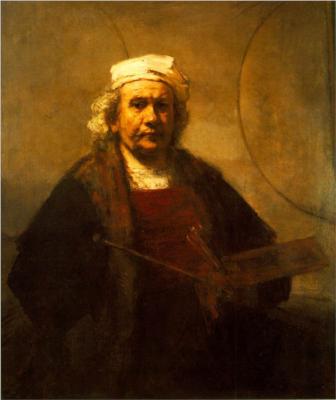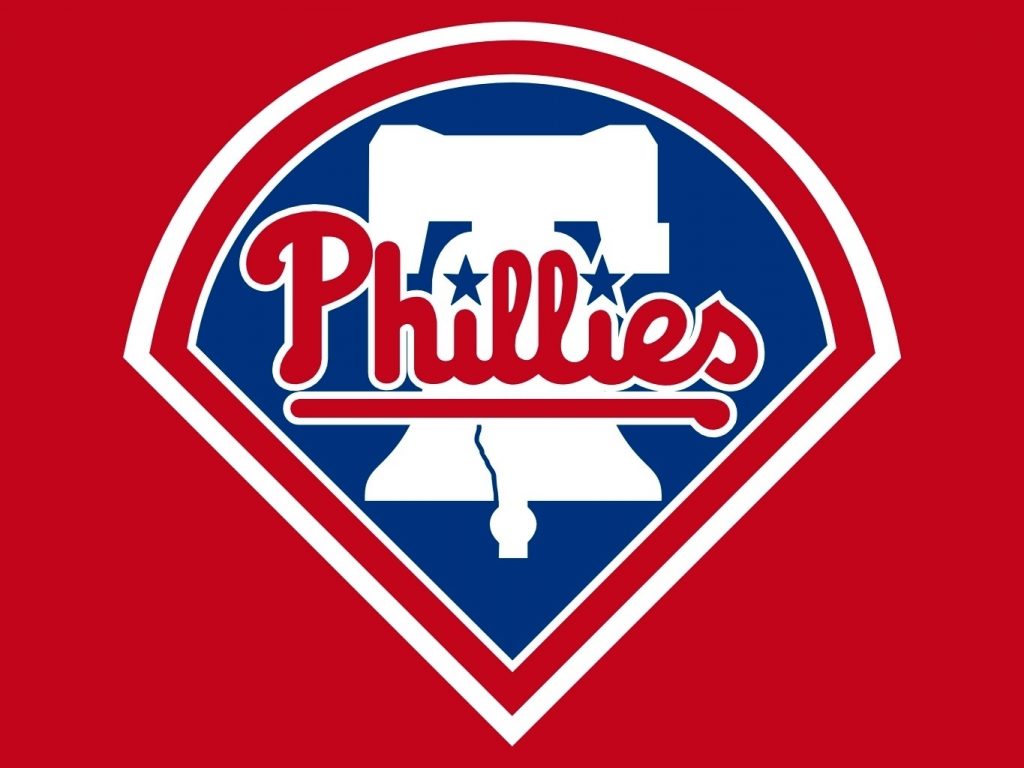Other things to occupy your mind with other than COVID-19 - The Colosseum in Rome was one of the original recycling sites
If you have ever visited the Colosseum, you’ll notice how the stone exterior appears to be covered in pockmarks all across its surface. One might assume this is just degradation of the material due to its age, it is actually because it was originally clad almost entirely in marble. Over the years, the marble was taken, first by the Goths, after the fall of Rome.
The holes in the stone are from where the iron clamps and poles attaching the marble cladding to it have been ripped out. An estimated 200-300 tons of iron clamps were used to hold the marble in place. By the middle ages, when they were looking around for material to build the (new) Saint Peter's Basilica, they figured the Colosseum was the closest "quarry." All the remaining marble and iron was simply 'commandeered' by the Church. So when you visit Saint Peter's, you are also visiting part of the Colosseum.
July 15 1956 -
Although not in the same league as Plan 9 from Outer Space, It Conquered the World was released upon an unsuspecting public on this date. (American International released the film on a double bill with The She-Creature.)
Originally, "Beluah" was built as a squat, flat-topped creature, under the mistaken belief that Venus had higher gravity than Earth's. (It doesn't; Venus' gravity is slightly less than ours.) When it turned out not to be imposing enough - and to actually be shorter than leading lady Beverly Garland - a tapering conical top was added to it.
July 15, 1983 -
Woody Allen's technically inventive and very funny mocumentary, Zelig starring Woody Allen and Mia Farrow, premiered on this date.
Silent screen legend, Lillian Gish, was filmed for a scene in Zelig. She scolded director of photography, Gordon Willis, on his lighting set-up and, while the crew watched aghast, gave Willis step by step instructions on how to re-light the scene. Willis complied. The scene did not make it into the final version of the film.
July 15, 1988 -
The film that made Bruce Willis a star, Die Hard, co-starring Alan Rickman, and Bonnie Bedelia opened in limited release in the US on this date.
This was the feature film (and Hollywood) debut of Alan Rickman, who had previously only appeared onstage and on British television. Rickman was 41 at the time. As such, he was nervous about how his first Hollywood role would go over, but his outstanding success as Hans Gruber secured a lucrative career in American film.
July 15, 1998 -
The Farrelly Brothers career saving romantic comedy, There's Something About Mary premiered on this date.
After the financial losses suffered from Kingpin, the Farrely Brothers thought their next film would probably be their last. So they decided to go all out and deliver the most hysterically dark comedy they could dream up. When There's Something About Mary became a box-office smash hit, the Farrelly's careers were safe to continue.
July 15, 2005 -
The Tim Burton remake of Roald Dahl's classic children's story, Charlie and the Chocolate Factory, starring Johnny Depp, Freddie Highmore, Helena Bonham Carter, James Fox, Deep Roy, and Christopher Lee, went into general release in the US on this date.
To his surprise, Deep Roy played every Oompa Loompa, repeating the same movements several hundred times. While these were then put together digitally, each Oompa Loompa represents a separate performance by Roy. In recognition of this, Roy's salary was raised to $1 million.
July 15, 2009 -
45 years after he played at the Ed Sullivan Theater with The Beatles, Paul McCartney returned to the venue to appear on The Late Show With David Letterman.
Earlier in the day, McCartney plays a few songs from the theater's marquee, surprising the onlookers in Manhattan.
Another failed ACME product
Today in History:
July 15, 1606 -
Rembrandt van Rijn was born in Leiden, Holland, on this date.
His father was a miller and his mother was a stay-at-home mom.
He is best known for his mastery of chiaroscuro and impasto, but his calamari was nothing to sneeze at.
July 15, 1799 -
The Rosetta Stone is an Ancient Egyptian artifact which was instrumental in advancing modern understanding of hieroglyphic writing. The stone is a Ptolemaic era stele with carved text. The text is made up of three translations of a single passage, written in two Egyptian language scripts (hieroglyphic and Demotic), and in classical Greek.
It was created in 196 BC, discovered by the Napoleonic expeditionary forces in 1799 at Rashid (a harbor on the Mediterranean coast in Egypt which the French referred to Rosetta) and contributed greatly to the decipherment of the principles of hieroglyphic writing in 1822 by the British polymath Thomas Young and the French scholar Jean-François Champollion.
Feel free to impress your friends with this bit of knowledge.
July 15, 1857 -
During an uprising in June of 1857, the group of British women and children being held by rebels in Cawnpore, India were cut to pieces with knives and hatchets. Then their remains are tossed into a well.
When British forces finally retook Cawnpore on this date, the captured rebels are taken back to the house where the slaughter took place. Then they are forced to lick the floors clean, after which they are hanged.
I hate to think what the penalty was for early withdrawal from your IRA.
July 15 1864 -
A train containing hundreds of Confederate prisoners passing through Shohola, PA crashed head on with a coal train on this date.
The trains were off schedule because of an escape attempt. 74 people, mostly prisoners, died.
July 15, 1869 -
During war with Prussia, French ruler Napoleon III commissions Hippolye Mege Mouries to find a butter substitute. A patent for margarine was issued on this date, it being based on beef fat instead of milk fat.
He called it Margarine (but you can call it Oleo) because the French word for pearl was margarite and he apparently had difficulty distinguishing butter from pearls -
a handicap that goes a long way toward explaining his many divorces.
But even with the tactically superior spread, the war was still lost.
July 15, 1904 -
A small town Russian alcoholic doctor quietly succumbed to consumption, while in another room, his relatives sat around the house and wistfully bemoaned the lost opportunities of their lives. An old family retainer served tea to the unknowing mourners. Off in the distance, the guitar string of a peasant guitar broke, all on this date.
Anton Pavlovich Chekhov, died on this date but not as described above. As he lay dying of tuberculosis, in a German Spa, Chekhov called out for his doctor. The doctor examined him and prescribed him a glass of champagne. Chekhov finished his glass, commented on the taste, lay back down and died.
All in all, not a bad way to go.
July 15, 1946 -
I admire people's marriages, and I think it's a wonderful thing to have, but I don't think it's the only way to live. I think there are many ways to live and many ways to establish intimate support in your life that can be from family or friends or great roommates that you like.
Linda Maria Ronstadt, singer and actress was born in Tucson, Arizona on this date. (Send her your good thoughts)
July 15, 1979 -
President Jimmy Carter addressed the energy crisis and subsequent recession by discussing what he felt was the greatest threat to the United States in a speech later called the 'malaise' speech, on this date.
He believed that a lack of "moral and spiritual confidence" prevented the American people from recovering from the economic hardships and said, "this crisis in the growing doubt about the meaning of our own lives and in the loss of a unity of purpose for our nation" were the basis for the negative economic climate.
July 15, 2007 -
The Philadelphia Phillies lost their 10,000th Major League Baseball game.
As of last check, (and even during the pandemic) the team still holds the record for the most games lost by any professional American sports team in history with 11,000.
And so it goes
189




No comments:
Post a Comment